- English
- DEUTSCH
- SPANISH
- FRENCH

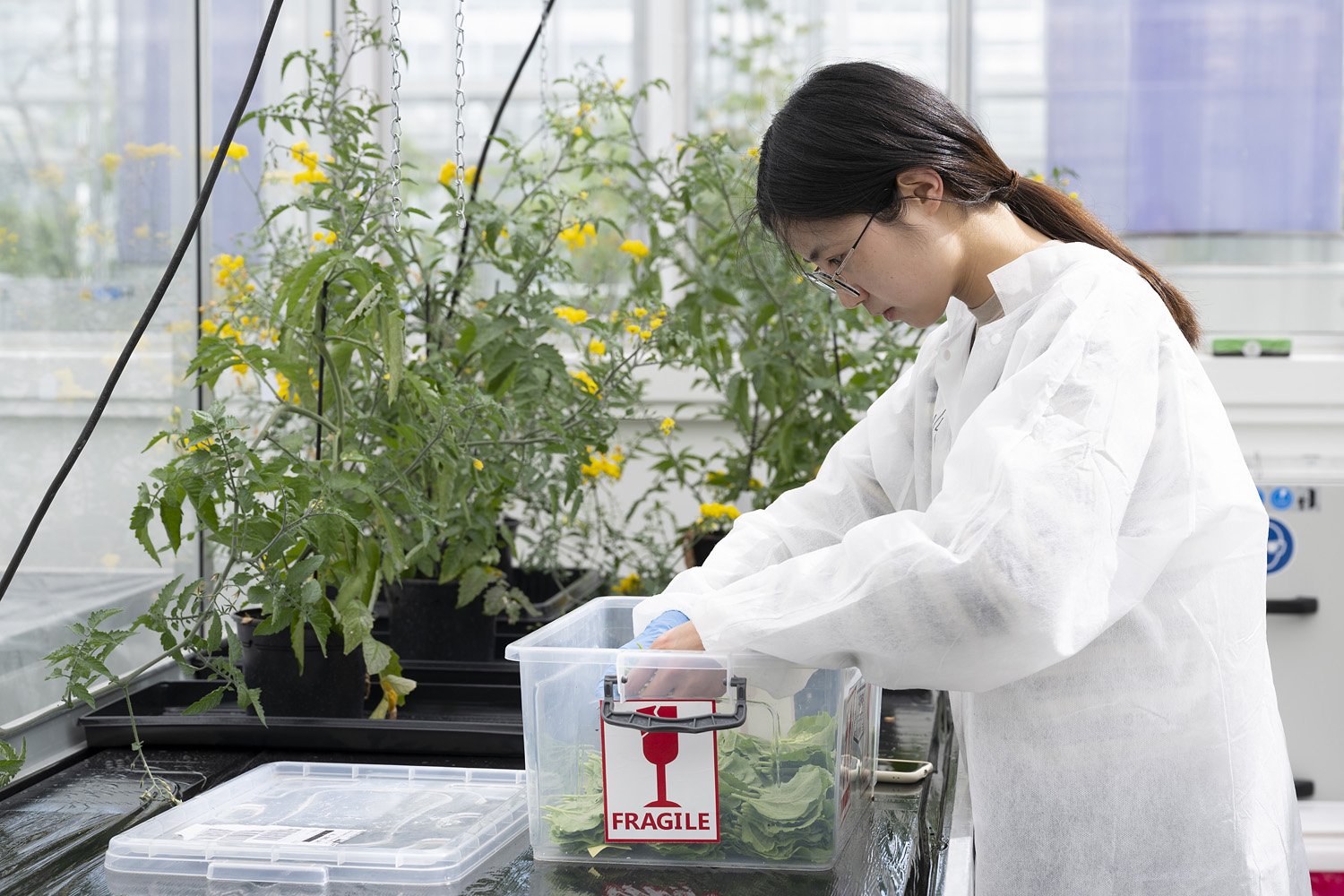


Under the banner Wageningen University & Research, Wageningen University and the specialised research institutes of the Wageningen Research Foundation have joined forces in contributing to finding solutions to important questions in the domain of healthy food and living environment. With its roughly 30 branches, 7,200 employees (6,400 fte) and 13,200 students and over 150.000 participants to WUR’s Lifelong Learning, Wageningen University & Research is one of the leading organisations in its domain. The unique Wageningen approach lies in its integrated approach to issues and the collaboration between different disciplines.
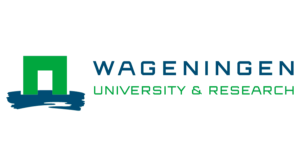
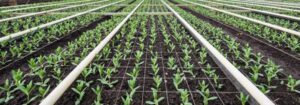
Phytopathology is the science of plant disease. We research how plant pathogens interact with plants, how they gain foothold, and exactly what effect they have. The aim of this research is to gain knowledge that will stand at the basis of ensuring future food security and prevention of harvest disasters such as the potato famine and the current banana crisis.
The Phytopathology chair group is currently composed of five tenured and non-tenured scientific staff, six technicians, two lecturers, one postdoctoral researcher, one researcher/data analyst, 15 PhD candidates and three support staff. The Phytopathology chair group is embedded in the Plant Sciences Group, one of five departments at Wageningen University & Research, which has state-of-the-art instruments and facilities. The Plant Sciences Group comprises 20 chair groups and one institute, Wageningen Plant Research. The chair group Phytopathology is affiliated with the graduate school Experimental Plant Sciences (EPS). The new chair will contribute to the leading role of the chair group and the wider collaborative research and impact environment at WUR.
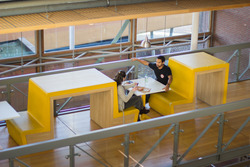


Employees
Students
Alumni
Plant Sciences Chair Group
We are teachers, scientists, plant pathologists, communicators, and organizers, from different backgrounds and hometowns, and with different histories and hobbies. Yet, we are united by our drive to teach and discover and by our commitment to collaborate transparently and democratically, respecting each other’s needs and differences.
Research
The chair’s mission is to increase the fundamental understanding of the cellular, molecular and biochemical mechanisms underlying microbial infection and host defence responses, and the forces driving evolution of pathogens. The chair studies microbes with distinct lifestyles (biotrophs, necrotrophs, hemi-biotrophs) and with different infection strategies (colonising leaves, stems and/or roots). Research is performed in an integrated manner, involving both the microbe and the host plant at all levels. With the availability of ever larger numbers of genome sequences, in-depth comparative and functional genomics studies, understanding is deepened of (i) pathogen infection mechanisms, (ii) processes involved in pathogen evolution and speciation, (iii) host susceptibility and immunity, and (iv) mechanisms underlying microbial antagonism. Furthermore, applied aspects of the diagnosis and epidemiology of plant diseases are studied. Crop- and production systems-oriented research is performed in multidisciplinary collaborations with local, national and international partners. The overall aim of the research is to generate and disseminate knowledge that enables breeders and growers to develop novel strategies for crop protection.

Sustainable and robust plant health for the world
We teach biological concepts, connections, and examples linked to the current advances in the field and provide a safe, active, and inspiring learning environment to equip students with the ability to address future challenges.
We conduct interdisciplinary and discovery research on plant pathogens and their biotic environments at all levels to improve plant production.
We provide a safe and inspiring environment for conducting research, collaborating, and developing and sustaining a platform for learning, mentoring, and teaching. We embrace collegial management, where decisions are made together, and where underlying motivations are transparent.
We use our multidisciplinary know-how in strong internal and external collaborations to contribute to sustainable plant disease management through fundamental and applicable discoveries
Wageningen University & Research is looking for a full professor (0.8-1.0 fte) to lead the Phytopathology chair group. Our chair group conducts interdisciplinary and discovery research on molecular, ecological and evolutionary interactions between plant pathogens and their biotic environments aiming at improving plant, crop and seed health. Specifically, the group studies the genetic and environmental cues that determine pathogen lifestyle and lifestyle switches, the dynamics of microbial genomes and populations, and how these lead to new disease outbreaks. Our research spans a vast biological space that includes fungal, bacterial, and oomycete plant pathogens and at all stages of the plant lifecycle. We use our multidisciplinary know-how in strong internal and external collaborations to contribute to sustainable plant disease management through fundamental and applicable discoveries. As a group, we contribute to multiple BSc and MSc programmes. A key objective of our education is to train future scientists to solve phytopathological problems in plants and crops, many that are critical to worldwide food security.
We contribute to a sustainable world by gaining fundamental knowledge and translating it into applications


We are excited to recruit a new professor and group chair who will bring an inspiring vision on the future of phytopathology research and education within the domains of Wageningen University. The position of chair of the Phytopathology group provides you with the opportunity to further develop your own research track and your leadership profile with a diverse team of talented researchers, lecturers, and support staff. Together with other staff members, you are responsible for the academic and operational management of this chair group. Of primary importance to Wageningen UR is an inclusive and safe working environment for all employees and students, and the new chair must be willing to foster an inspiring and creative academic climate for all members of the chair group.
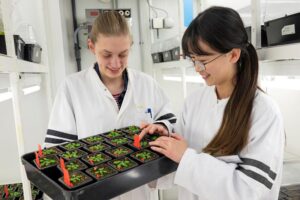
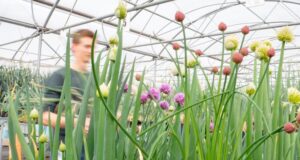
The new chair of the Phytopathology group evidently should have a deep knowledge of phytopathology and a passion for education. Our strategic plan aims at maintaining high-level expertise in multiple disciplines while working as a coherent and collaborative team as our group expands. Leading this dynamic team requires stimulating, inclusive and visionary leadership.
More information about our research projects, education and publications can be found at the website. A virtual tour on WUR’s green and sustainable campus can be taken here.
You are encouraged to upload your complete application via the respond button on top of this page. Please include in separate pdf documents an (1) application letter, (2) curriculum vitae a (3) list of publications and (4) a 1000-word (max) statement of your research and education interests and intended direction for the Phytopathology group at WU.
Applications can be sent until and including Friday, 11 April. We especially encourage female candidates, and candidates from abroad, to apply for this position.
The Committee will inform you about the status of your application after Friday, 25 April. Selected candidates will be interviewed for this position in May. The Committee will thereafter invite short-listed candidates for a second interview and a public lecture in the first half of June.
As a candidate professor and chair:
You will be working for an inspiring international organization actively engaged in a large number of interdisciplinary projects all over the world. The scientific quality of Wageningen University & Research is affirmed by the prominent position we occupy in international rankings and citation indices.
We offer you a position as Full Professor and Chair of the Phytopathology Group. Besides a competitive salary (maximum gross salary for starting chair holders is € 9,680 per month), we offer a number of additional benefits, such as an end-of-year extra month’s salary, a holiday allowance and a pension plan with the Dutch pension fund for government and education. International candidates moving to the Netherlands may benefit from a special tax relief, by which a part of their salary is exempt from tax for several years.
Working hours can be discussed to optimize the work-life balance (32-38 hours per week).
We are a globally leading university in the life sciences. The themes we deal with are relevant to everyone around the world and therefore Wageningen has a large international community and a lot to offer to international employees.
The university’s highly qualified team of advisors on Dutch immigration procedures will help you with the visa application procedures for yourself and, if applicable, for your family. Furthermore, WUR offers a dual career programme for groups of partners and a specialised organization will further assist your partner in finding a job or starting a business in the Netherlands. Furthermore, we assist you in finding schools for your children and finding housing in the region or elsewhere in the Netherlands. The Wageningen University & Research’s (WUR) International Community page contains practical information about what we do to support international employees and students coming to Wageningen.
Wageningen University & Research (WUR) employs a large number of people with very different backgrounds and qualities, who inspire and motivate each other. We want every talent to feel at home in our organisation and be offered the same career opportunities. We therefore especially welcome applications from people who are underrepresented at WUR. A good example of how WUR deals with inclusiveness can be read on the page working at WUR with a functional impairment.
Further information about the position can be acquired from Erik Hafner at [email protected]